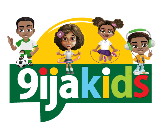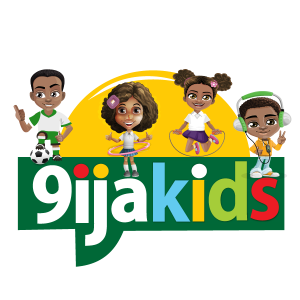As technology and digital literacy continue to drive innovations in the 21st century, it continues to signal one thing to us; the world is rapidly changing and it will require more than reading, writing and arithmetic to prepare today’s kids for exceptional success in the future. If you have been focusing more on getting your kids to score straight A’s in school while neglecting other core skills like collaboration, creativity, communication, and critical thinking ability, now is the time to have a rethink.
The goal today is to raise kids who are equipped with the necessary 21st-century skills to be able to survive and thrive in an increasingly competitive world while also blazing the trail in collaborating with others across the world.
Oh, this should not be my duty as a parent after all I pay the school every term to teach them the necessary skills! Certainly yes, while schools are beginning to incorporate the 4Cs of education into their curriculum, there is also a whole lot you can do as a parent to help your kids develop and master these skills at home, after all, parents are the Chief Growth Officers. These are four ways you can help foster 21st-century skills in your child.
Encourage collaboration:
No man is an island of his own. At every point in our lives, we would need to collaborate and work together to achieve a set goal. As a parent, you can help your kids develop this skill starting with teaching them to work together as a team, encouraging group work rather than individual sets of work to help them understand the act of sharing ideas, turn-taking and social skills.
Help them develop their creativity:
Children have a wide creative mind, and this should be explored and enhanced, who knows their creative ideas could be the next record-breaking invention. They should be encouraged to think outside the box, the goal is to show your child that there are many ways to think or do anything. When they are stuck with a task, rather than spoon-feeding, or rushing to solve the problem, allow them time to find a way around it. Ask them questions like what else can be done to make this work? Can you find a way to fix your broken Lego? This helps them to think independently and creatively to solve problems.
Help Kids develop their communication skills through everyday intentional interaction
Communication is the ability to pass information accurately clearly and as intended, it is important that children should be taught how to share their ideas in ways people can understand and ask questions to know more. Oral and written communication skills are most paramount in the 21st century. Help them develop good communication skills at home by asking them to write about their experience at school, the next time ask them to speak about a movie you both watched and explain the moral lessons. The goal is to help them know how to communicate and pass information effectively.
Engage in activities that foster critical thinking:
The ability to find possible solutions to existing problems or future problems and use deductive reasoning to analyze life problems are called critical thinking skills. Engage your kids to solve quizzes and puzzles during their leisure period at home. This helps enhance the critical thinking ability of your child.
Also, involve them in some minor decision-making processes in the family and give them room to also reason through a difficult situation. The more you let them understand that their ideas are welcome the more they feel comfortable and confident to contribute in their little way.


